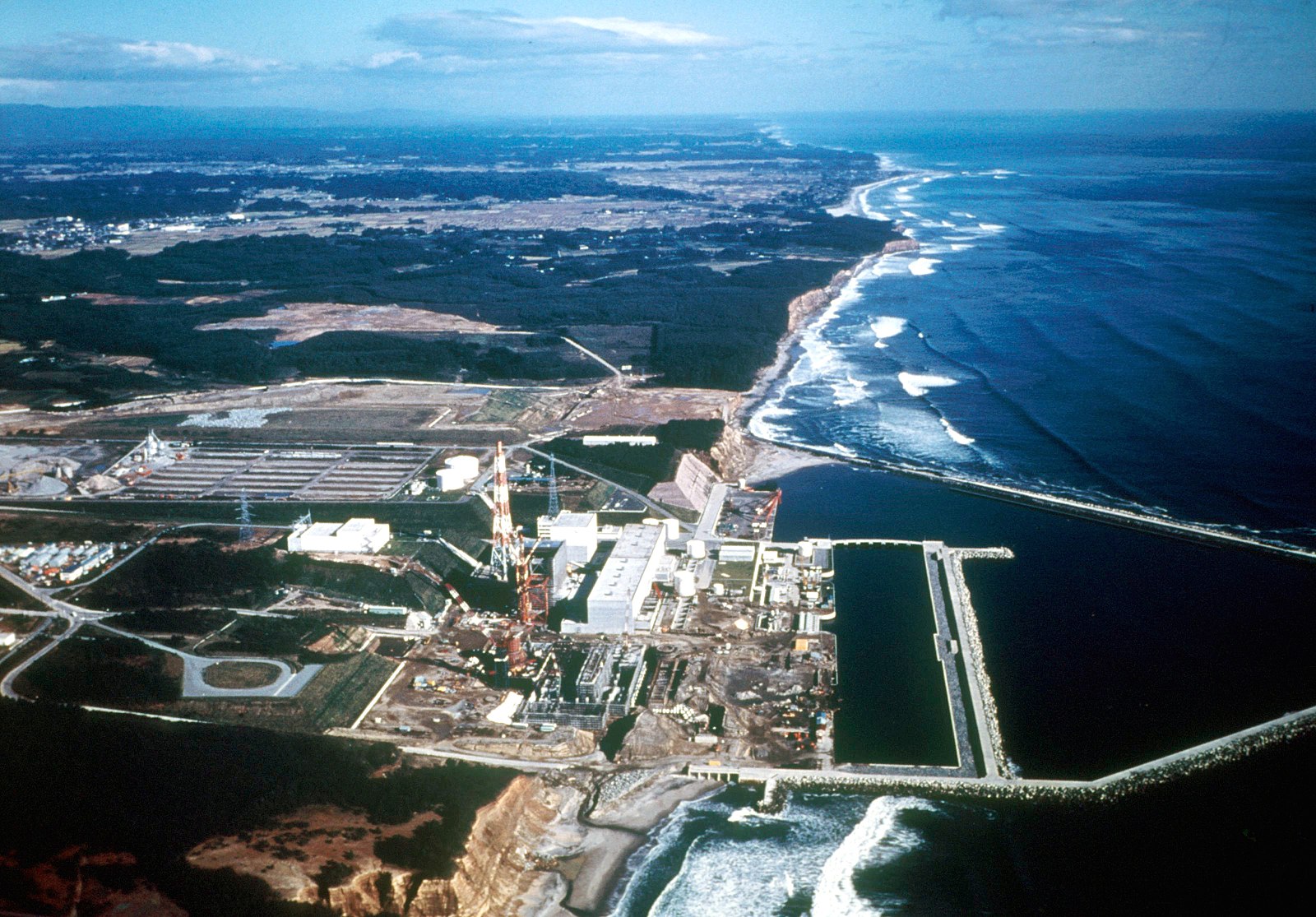Fukushima Plant.jpg

The Yakuza is a Japanese crime syndicate that is powerful in the Japan real estate and construction businesses. They supply workers through layers of recruiting firms to Japanese nuclear power plants. There is an old saying that when a man reaches the end of his luck, he winds up working at a nuclear power plant. Years ago, I read stories of homeless people being recruited off the street to mop up spilled coolant at Japanese nuclear power plants without being warned of the dangers of what they were doing.
The Fukushima disaster took place in Japan in March of 2011 when an underwater earthquake caused a tidal wave that flooded the Fukushima nuclear power plant and cause the meltdown of three reactors and a massive explosion. Stories were published that there were two tiers of workers. The highly paid nuclear technicians and the maintenance works that may have been recruited by the Yakuza. It was reported that the nuclear technicians had good dosimeters and radiation suits while the lower paid maintenance workers had sub standard dosimeters and radiation suits. Ironically, when the disaster struck, a lot of the nuclear technicians fled while a lot of the maintenance workers stayed and kept working.
It has been over seven years since the disaster and radioactive water from Fukushima is still being pumped into the Pacific Ocean. There are still questions about the disposition of the fuel in reactors that melted down. Some evacuees have still not returned to their home. Radioactive fallout is still being discovered all over Japan. Now there are reports about the mistreatment of low-level workers at Fukushima.
The U.N. says that tens of thousands of workers including migrants and homeless people are at risk for exploitation at Fukushima. They may not be being told about the dangers of working around radioactive materials. The U.N. also says that some workers may have been coerced into working in hazardous conditions on the Fukushima cleanup because they were in desperate financial circumstances. They may not have been given proper training and protection. Big contractors used hundreds of smaller contractors without experience in the nuclear industry to recruit workers.
The U.N. experts said the situation “created favorable conditions for the abuse and violation of workers' rights”. Workers are “often exposed to a myriad of human rights abuses, forced to make the abhorrent choice between their health and income, and their plight is invisible to most consumers and policymakers with the power to change it”.
The Radiation Worker Central Registration Centre of Japan says that about seventy-seven thousand decontamination workers were hired at Fukushima between 2011 and 2016.The Japanese Ministry of Health, Labor and Welfare has reported that over forty-six thousand workers were employed in 2016 alone on the Fukushima cleanup.
The Japanese authorities are working on an education campaign about what they are calling the “revitalization” of Fukushima. The purpose of the campaign is to provide information and transparency about the cleanup process.